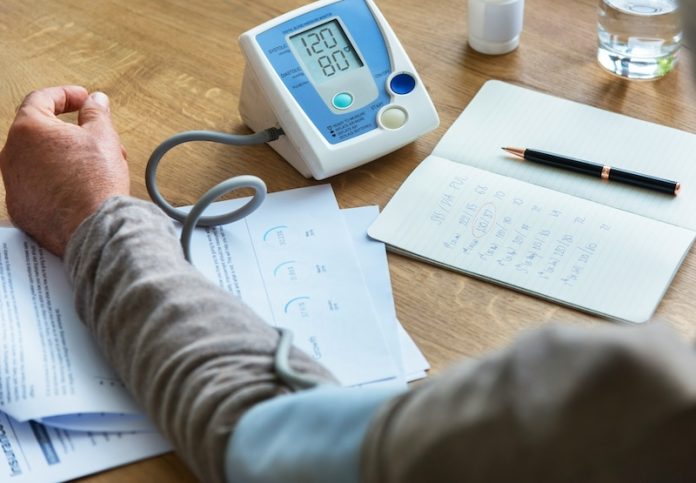
Most people know that high blood pressure can lead to heart disease, but new research shows it might also affect your personality.
A study published in the journal General Psychiatry found a strong link between diastolic blood pressure—the lower number in a blood pressure reading—and neuroticism, a personality trait linked to emotional stress.
This discovery means that keeping your diastolic blood pressure under control may not only protect your heart but also improve your mental well-being.
Neuroticism is a personality trait where people feel emotions like anxiety, worry, anger, and self-doubt more strongly than others. People who are more neurotic often find it harder to handle stress and are more likely to develop anxiety or mood disorders.
The study found that high diastolic blood pressure may play a role in making people more neurotic. This highlights a strong connection between heart health and mental health.
To explore this link, the researchers used a method called Mendelian randomization. This technique uses genetic information to study how one thing (like high blood pressure) might directly cause another (like neuroticism). By looking at genetic differences, the researchers could figure out if high blood pressure truly affects personality.
The team studied genetic data from eight large databases, mostly from people of European background. They examined over 1,000 genetic markers known to affect blood pressure. Their analysis showed that high diastolic blood pressure had a strong and direct connection to neuroticism.
Interestingly, the study did not find a similar link between blood pressure and other mental health conditions like anxiety or depression. This means the connection between diastolic pressure and neurotic traits might be unique.
More than 90% of the genetic data pointed to diastolic blood pressure as a key cause of increased neuroticism. This suggests that managing diastolic blood pressure could help reduce negative feelings like self-criticism, sensitivity to rejection, and constant worry. Over time, this might lower the chances of developing anxiety and depression.
The research also shows how closely the heart and brain work together. High blood pressure can affect blood flow and how the nervous system functions, which might influence how people think and feel.
For people who are already prone to stress and strong emotions, high blood pressure can make things worse, leading to a harmful cycle of poor physical and mental health.
This study reminds us that watching our blood pressure is important not just for our bodies but for our minds too. Keeping diastolic blood pressure in a healthy range may help people feel more emotionally balanced and reduce the risk of stress-related health problems.
The study, led by researcher Cai L and colleagues, encourages a more complete view of health—one that looks at both mental and physical well-being together.
If you care about high blood pressure, please read studies about vitamins impacts on high blood pressure people need to know, and how to manage high blood pressure and diabetes with healthy foods.
For more health information, please see recent studies about the best and worst foods for high blood pressure, and modified traditional Chinese cuisine can lower blood pressure.
Copyright © 2025 Knowridge Science Report. All rights reserved.



